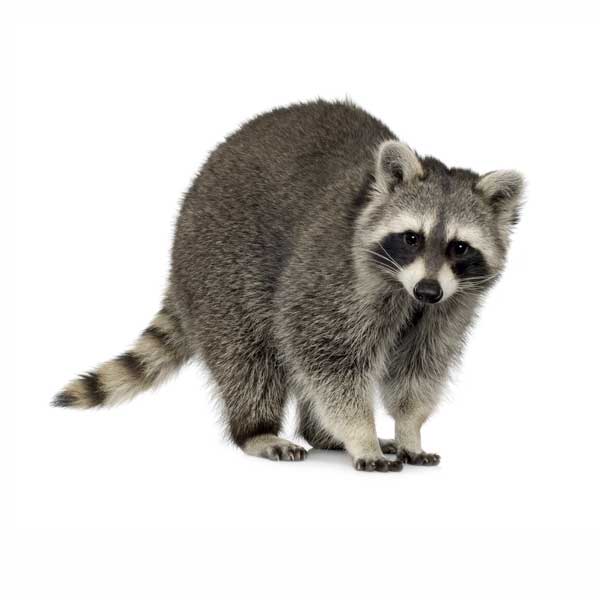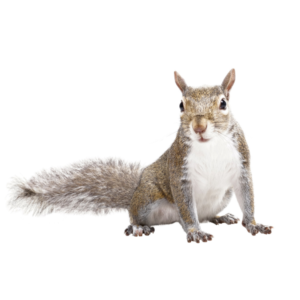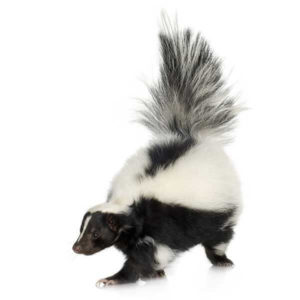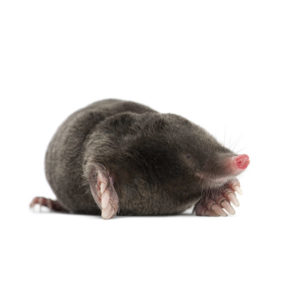Raccoons in Anaheim
Raccoons are sturdy mammals found all across the United States, though populations are increasing in eastern regions of the country. These crafty creatures are also referred to as “trash pandas” or “backyard bandits” thanks to their scavenging behaviors and distinctive dark “mask”. Nearby infestations can cause a lot of trouble for homeowners, since raccoons tend to make a huge mess while rummaging through trash for food. Though raccoons are active year-round, they’re more likely to invade houses or sheds during harsh winter weather.
Raccoon Habitat
Raccoons are drawn to forested environments that are close to water and natural habitats. They rest in abandoned burrows and the crooks of trees. In cities, they make themselves at home in empty crawl spaces, under porches, and sometimes within attics. These urban explorers spend their time foraging for food and scouting out new spots. They have a varied diet consisting of insects, fruits, vegetables, and, when necessary, small animals. Raccoons are mostly active at night and are notorious for raiding garbage cans under the cover of darkness. Particularly in the winter, they may invade your garden or house for shelter and easy access to food.
Raccoon Behaviors, Threats, or Dangers
While not all raccoons carry rabies, they are known hosts of this disease in the United States, especially in the eastern part of the country where their populations are growing. To mitigate this threat, it’s crucial to ensure that your outdoor pets are properly vaccinated. Raccoons can also be quite destructive, killing poultry, wrecking bird nests, and damaging gardens or crops. In their quest to establish dens, they can also destroy a home’s insulation, exterior, or electrical wiring. Signs of raccoon activity include droppings, urine stains, and materials piled up from nest-building. If you’re facing raccoon troubles, it’s important to seek the help of professional pest control experts for safe removal.





